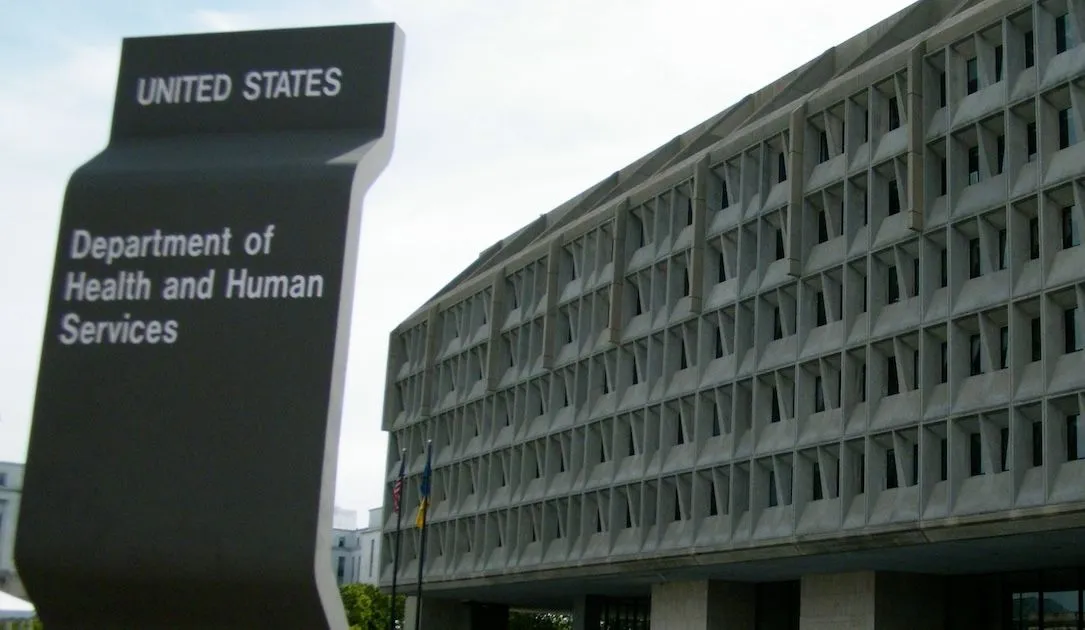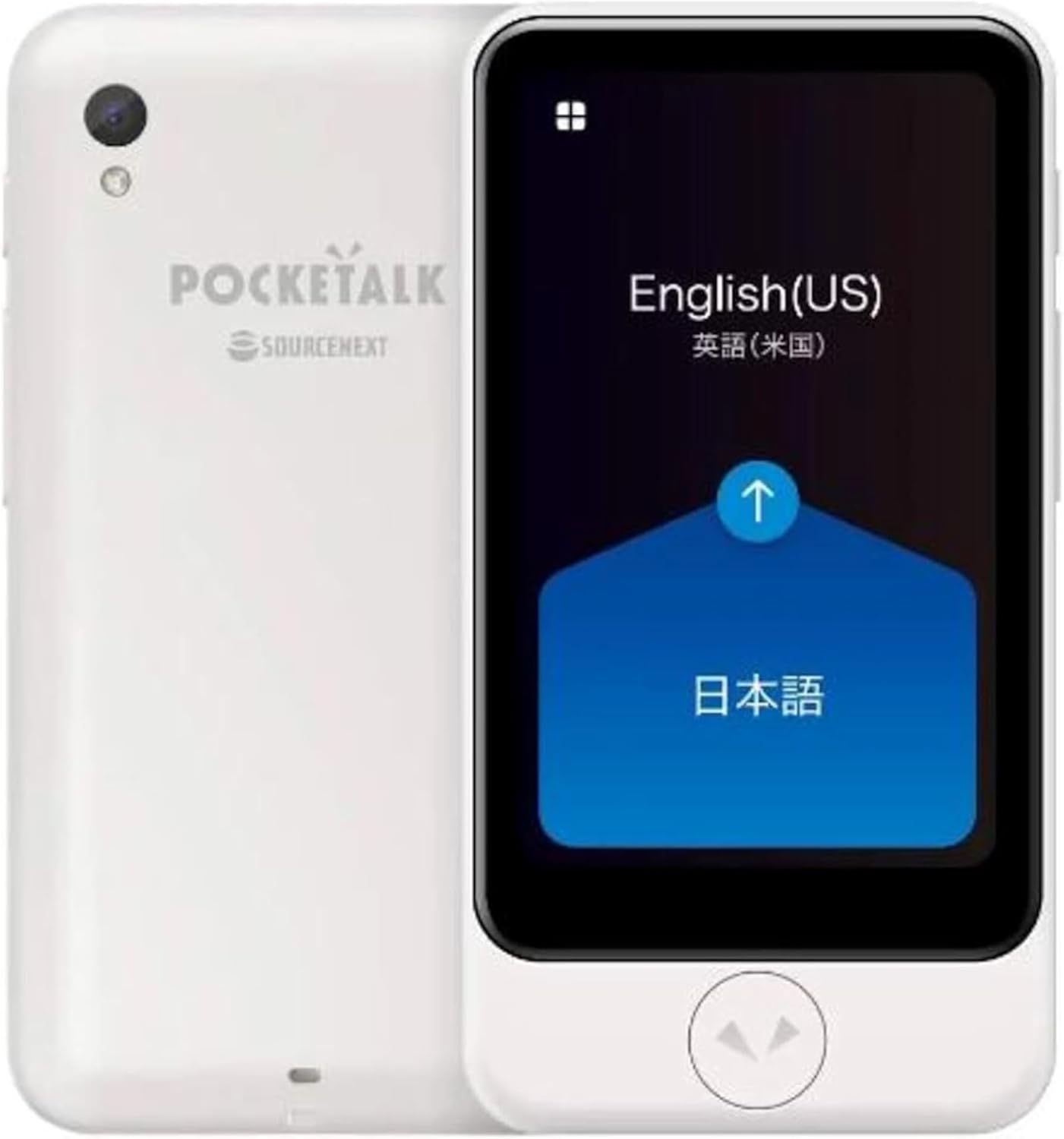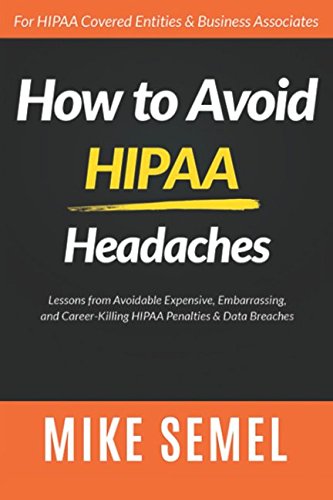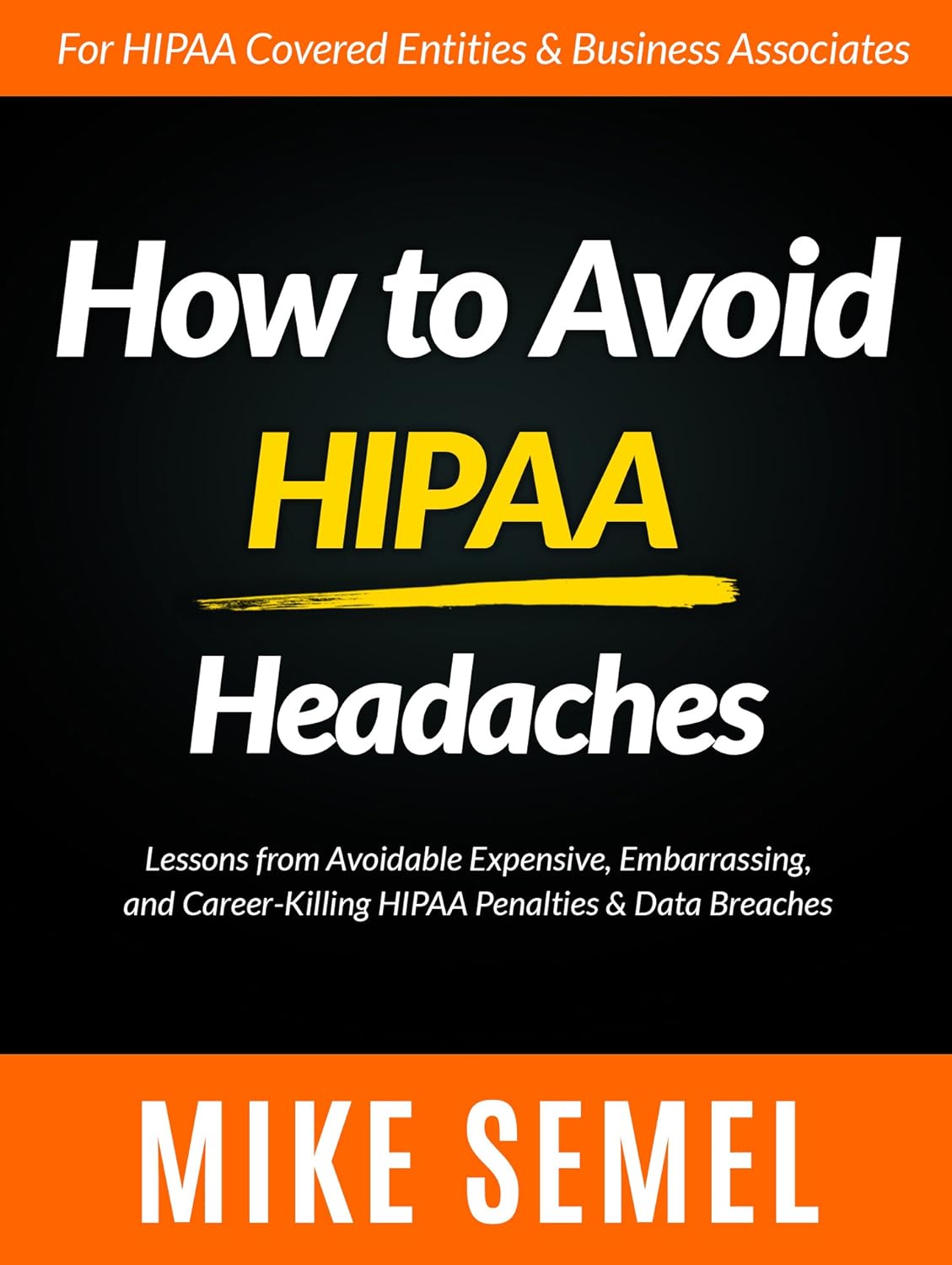Your cart is currently empty!
Tag: HIPAA
BUSlink CSE-88TB4-SU3M1 88TB HDD 4-Bay RAID CipherShield Mode 1 Key 256-bit AES USB 3.2 Gen 1 (3.0)/eSATA FIPS 140-2 Level 2 HIPAA Hardware Encrypted External Desktop Drive
Price:$56.99– $4,499.92
(as of Jan 23,2025 15:14:03 UTC – Details)
BUSlink CipherShield 4-Bay RAID drive supports large capacity, USB 3.2 Gen 1 5Gbps/eSATA interface. Standard level of security with single key single factor authentication. Mode 1, keys must be plugged in once per power cycle and can be removed for safekeeping to access data. Suitable for situations where human intervention is feasable. CipherShield design features a chip embedded in the access key with the AES key which matches the AES encryption on the drive. The drive will automatically deauthenticated once the key is unplugged, or power is shut off. Data stored on the drive are safeguarded by hardware-based National Institute of Standards and Technology (NIST) certified industrial strength AES (Advanced Encryption Standard) cryptographic engine. The advantage of hardware encryption over software encryption is that you need not be concerned about Trojans/viruses or software upgrades, which results in a decrease in the total cost of ownership. CipherShield encrypts data independently of the operating system. The unit is bundled with keys and registration is required for key duplication. It supports Intelligent RAID function: RAID 0, RAID 3, RAID 5, and RAID 10. Removable HDD trays support hot-plug replacement of drives for RAID 3, 5, 10. HDD intelligent sleep function is supported. The LCM display and buttons support convenient setting of RAID modes and status display. Optional password allows locking of RAID settings. Cooling fan maintain safe operating temperature. Skid proof and shockproof rubber feet mat ensure safe operation. System Requirement: Microsoft Windows 11, 10, 8, 7, Vista, Server 2022, 2019, 2016, 2012, 2008, 2003 (XP and 2000 Server not supported), Mac OS X 10.4 or later with Intel Processor, Linux with GPT support. Package Content: CipherShield 4-bay RAID USB 3.2 Gen 1/eSATA Encrypted External Drive, USB 3.2 A to B and eSATA cables, 2 CipherKeys, Power adapter, and User manual.
4-bay removable drive supporting RAID 0, 3, 5, 10
Removable trays support hot-plug replacement of drive for RAID 3, 5, 10
NIST FIPS 140-2 Level 2 compliant 256-bit AES hardware encryption with CipherShield Smart Insert technology using CipherKey to authenticate the drive
Single key Mode 1, key can be plugged in once while powered on and removed for safe-keeping
TAA compliant, ECCN: 5a992.c, HTS: 8471705065
Introducing the BUSlink CSE-88TB4-SU3M1 88TB HDD 4-Bay RAID CipherShield Mode 1 Key 256-bit AES USB 3.2 Gen 1 (3.0)/eSATA FIPS 140-2 Level 2 HIPAA Hardware Encrypted External Desktop Drive!Keep your data secure with this state-of-the-art external desktop drive. With a massive 88TB capacity spread across 4 bays, you’ll have plenty of space to store all your important files and documents. The CipherShield Mode 1 Key and 256-bit AES encryption ensure that your data is protected from unauthorized access.
This drive is equipped with USB 3.2 Gen 1 (3.0) and eSATA connectivity, providing fast data transfer speeds for efficient workflow. It is also FIPS 140-2 Level 2 and HIPAA compliant, making it suitable for use in healthcare and other industries that require strict data security measures.
Don’t compromise on the safety of your data – invest in the BUSlink CSE-88TB4-SU3M1 88TB HDD 4-Bay RAID CipherShield Mode 1 Key 256-bit AES USB 3.2 Gen 1 (3.0)/eSATA FIPS 140-2 Level 2 HIPAA Hardware Encrypted External Desktop Drive today!
#BUSlink #CSE88TB4SU3M1 #88TB #HDD #4Bay #RAID #CipherShield #Mode #Key #256bit #AES #USB #Gen #3.0eSATA #FIPS #Level #HIPAA #Hardware #Encrypted #External #Desktop #Drive,usb 3.2 gen 1/usb
3.0 for pc & mac
HIPAA to be updated with cybersecurity regulations, White House says
New cybersecurity rules covering how healthcare institutions protect user data will be proposed under the Health Insurance Portability and Accountability Act (HIPAA), according to a White House official.
“The security rule [under HIPAA] was first published in 2003 and it was last revised in 2013, so this is the first update to this 20-year rule in over a decade, and it will require entities who maintain healthcare data to do things like encrypt that data so if attacked, it cannot be leaked on the web and endanger individuals,” Anne Neuberger, deputy national security adviser for cyber and emerging technology, told reporters Friday.
The Department of Health and Human Services (HHS) will publish a draft of the updated rules in the Federal Register for public comment, Neuberger said.
Healthcare entities also will have to monitor their networks for threats and do compliance checks to see whether they are abiding by the new HIPAA rules, according to Neuberger, who added that the White House believes the implementation cost of the proposed rule for the healthcare industry would be about $9 billion in the first year and $6 billion annually for years two to five.
“The cost of not acting is not only high, it also endangers critical infrastructure and patient safety, and it carries other harmful consequences,” she explained.
HIPAA was initially signed into law in 1996 and governs how healthcare data is shared by hospitals, insurers and patients. Neuberger said the new rules would add “clarity and specificity” about cybersecurity to HIPAA.
The White House decided to embark on the effort in recent months due to a five-year increase in healthcare data breaches capped by a 2024 that saw two of the most significant healthcare incidents in U.S. history with the ransomware attacks on Change Healthcare and the Ascension hospital network.
Neuberger argued that while the average cost of a healthcare breach in 2023 was $10.1 million, organizations like Ascension and Change Healthcare are facing potentially disastrous losses. The parent company of Change Healthcare, UnitedHealth Group, estimated that the February incident cost the company upwards of $850 million.
“Since 2019, large breaches caused by hacking and ransomware have increased 89% and 102% and I must say, in this job, one of the most concerning and really troubling things we deal with is hacking of hospitals, hacking of healthcare data,” she said.
“We see hospitals forced to operate manually. We see American sensitive healthcare data, sensitive mental health data, sensitive procedures, being leaked on the dark web with the opportunity to blackmail individuals with that.”
One year ago, HHS added cybersecurity rules for healthcare institutions that deal with the Medicare and Medicaid programs, ostensibly tying federal payments to baseline standards. At the time, HHS floated the idea of adding cybersecurity measures to HIPAA — with one concept centering around increasing civil monetary penalties for HIPAA violations like breaches.
The White House moves have been backed by members of Congress who are exasperated by the continued shutdown of hospitals from ransomware and the nationwide implications of the Change Healthcare breach — which the company said exposed the information of more than 100 million people.
HHS published a 122-page guide in February explaining to HIPAA-covered entities that they have to begin undertaking cybersecurity risk assessment and risk management efforts.
Get more insights with theRecorded Future
Intelligence Cloud.
The White House has announced that the Health Insurance Portability and Accountability Act (HIPAA) will be updated to include new cybersecurity regulations. This move comes in response to the increasing threat of cyber attacks on healthcare data and the need for stronger protections for patient information.The updates to HIPAA will aim to enhance security measures and ensure that healthcare organizations are better equipped to prevent, detect, and respond to cyber threats. This includes requirements for regular cybersecurity risk assessments, the implementation of multi-factor authentication, and increased training for staff on best practices for protecting sensitive data.
By strengthening HIPAA’s cybersecurity regulations, the White House hopes to safeguard patients’ personal information and maintain the confidentiality and integrity of their healthcare data. Stay tuned for more updates on these new regulations as they are developed and implemented. #HIPAA #cybersecurity #WhiteHouse #healthcareprivacy.
Tags:
- HIPAA compliance
- Cybersecurity regulations
- White House update
- Data protection
- Healthcare cybersecurity
- Patient privacy
- HIPAA regulations
- Cybersecurity guidelines
- White House cybersecurity
- Healthcare data security
#HIPAA #updated #cybersecurity #regulations #White #House

Pocketalk Plus -Real Time, Two-Way Voice & Camera 84+ Language Translator – Extra Large Screen, Longer Battery Life, HIPAA Compliant – Perfect for Travel, Business, Doctors, Nurses, Teachers, Students
Price: $298.90
(as of Dec 26,2024 15:16:59 UTC – Details)
To calculate the overall star rating and percentage breakdown by star, we don’t use a simple average. Instead, our system considers things like how recent a review is and if the reviewer bought the item on Amazon. It also analyzed reviews to verify trustworthiness.Learn more how customers reviews work on Amazon


